INFOS & SERVICE
OUR OTHER WEBSITES
Kathmandu - Kyirong
Welcome to Tibet, China
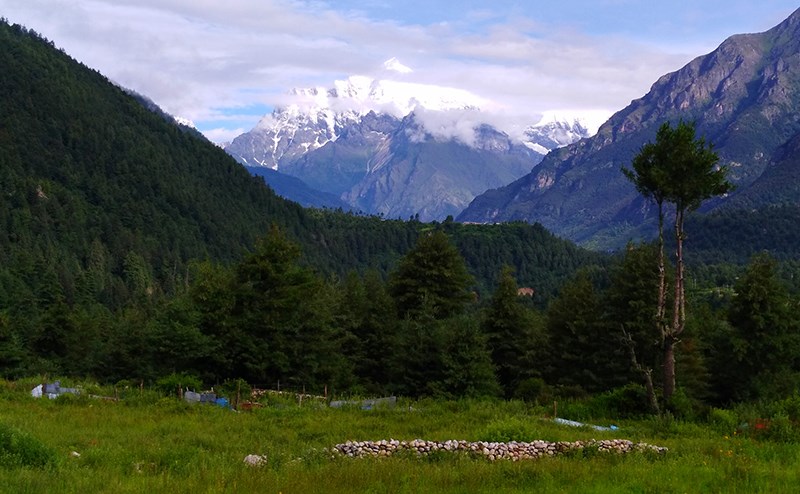
Kyirong - Paiku Tso / Xixiabangma - Shegar
Paiku Tso Lake, Xixiabangma
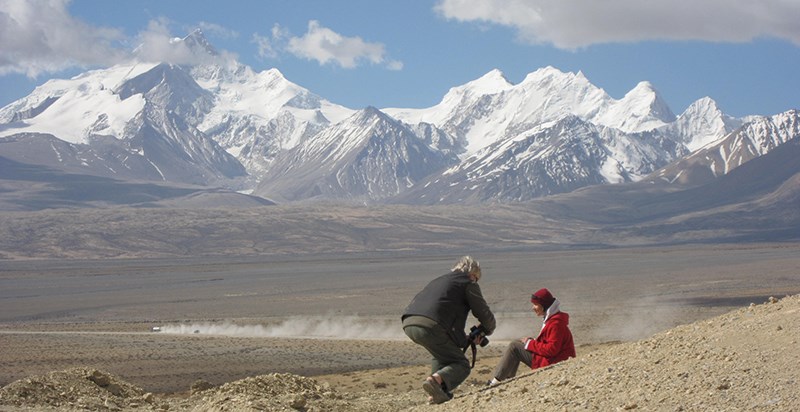
Shegar - Rongbuk / Everest BC - Shegar
Rongbuk Monastery, Admiring Everest, Sunrise over Qomolangma (Everest)

Shegar - Shigatse
Tashilunpo Monastery
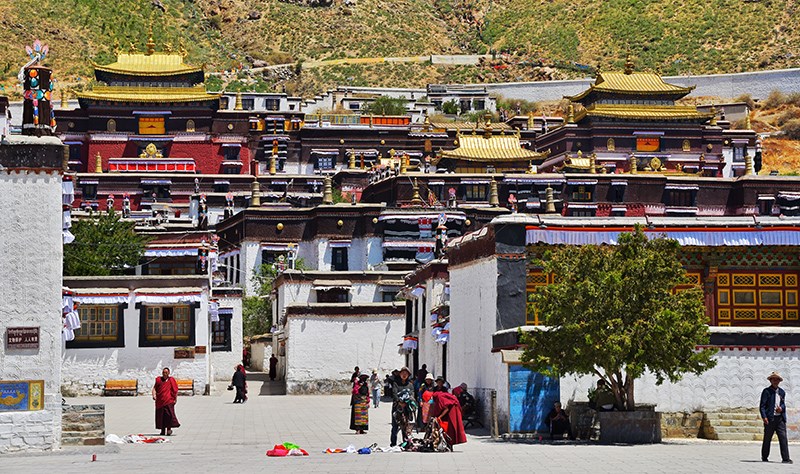
Shigatse
Formalities for self drive in China
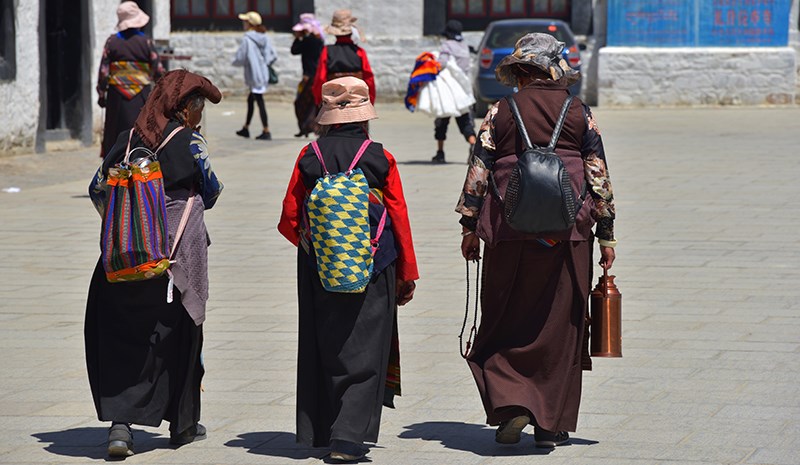
Shigatse - Gyantse - Yamdrok - Lhasa
Pelkor Monastery, Kumbum Stupa, Yamdrok Lake
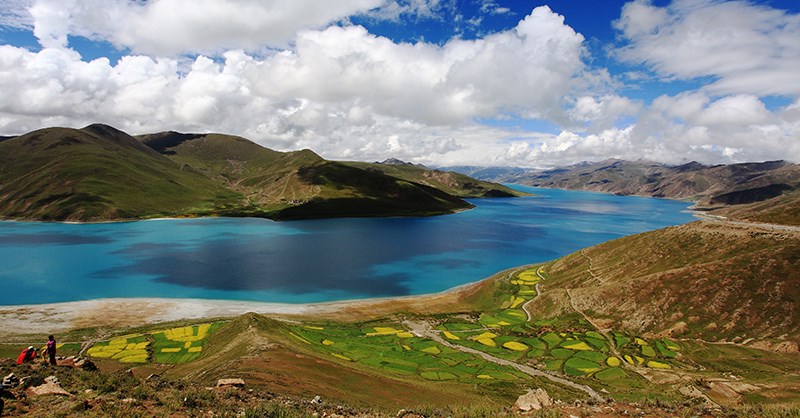
Lhasa
Potala Palace – landmark of Lhasa, Jokhang and Barkhor Street
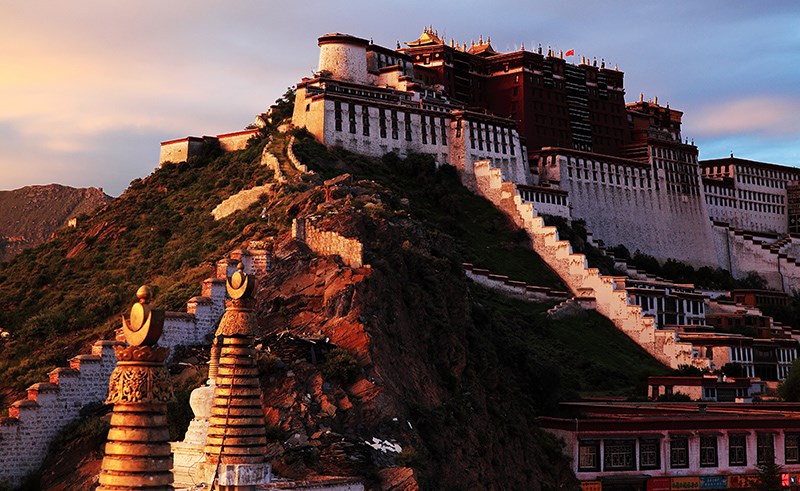
Lhasa
Panoramic view over Potala, Norbulingka, Debate in Sera
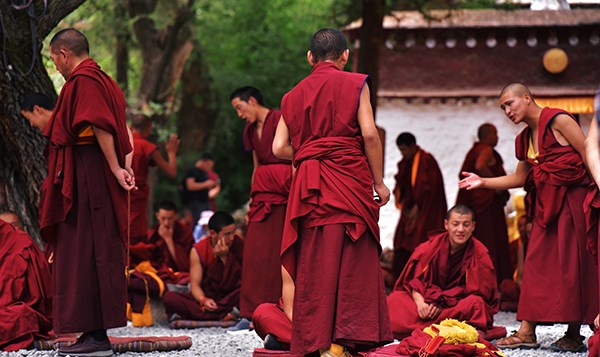
Lhasa - Gandan - Basum Tso
Gandan Monastery, Mi La Pass, Basum Tso

Basum Tso - Linzhi - Lulang
Niyang River, Ancient Giant Cypress Forest, Buchu Monastery, Lamaling Temple, Overlook Gyala Pelri and Namjabarwa
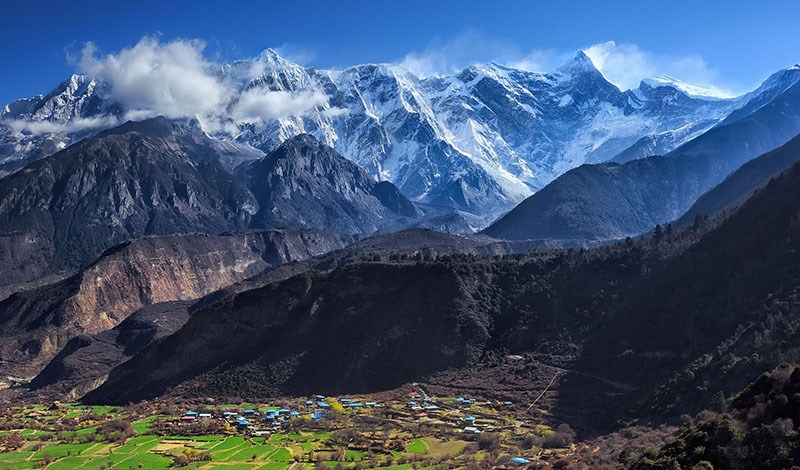
Lulang - Bome - Midui - Ranwu
Guxiang Lake, Parlung Tsangpo River, Midui Glacier, Ranwu Lake
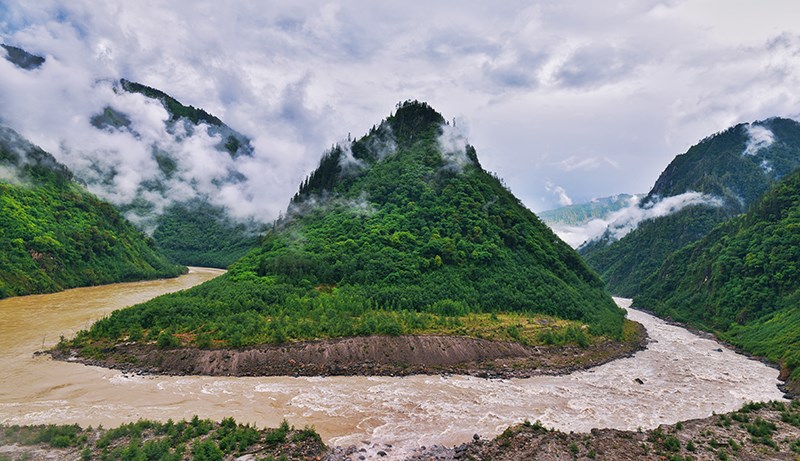
Ranwu - Baxoi - Bangda - Zuogong
The greatest natural hazard in the Henduan Mountains, 72 curves, Yela Pass
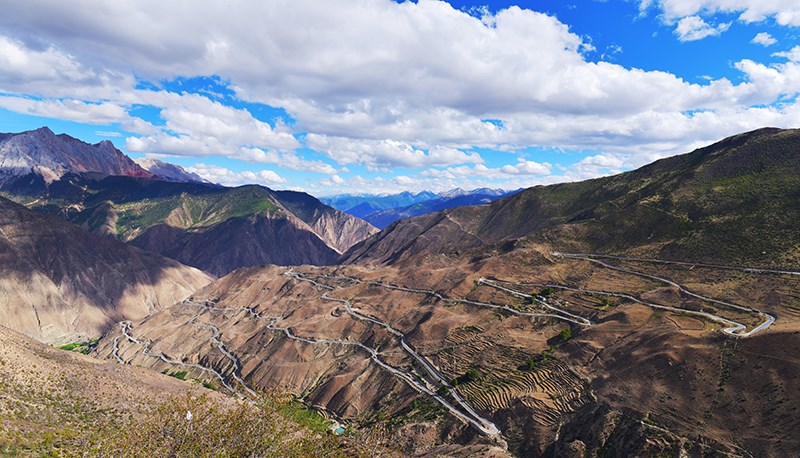
Zuogong - Markam - Yanjing - Dechen - Feilai Si
Farewell to Tibet and greetings from Yunnan. Drive through the three rivers area, main part of the Hengduan Mountains. Sunset of Meili Xueshan
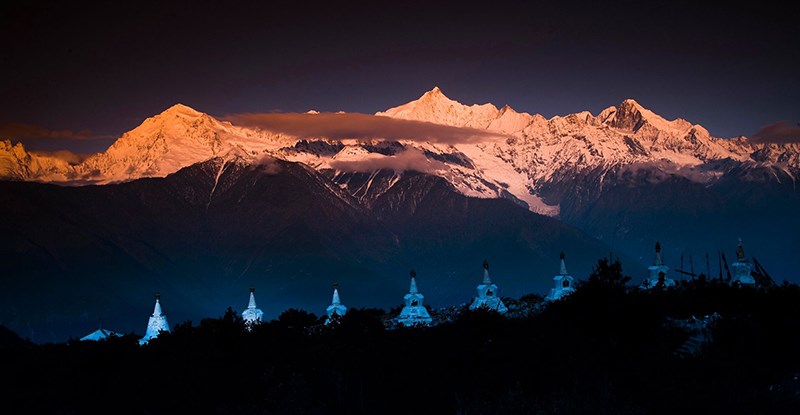
Feilai Si - Shangri-La
Sunrise of Meili Xueshan. The first bend of Jinshajiang River. Sumzanlin Monastery, Old Town Dukezong
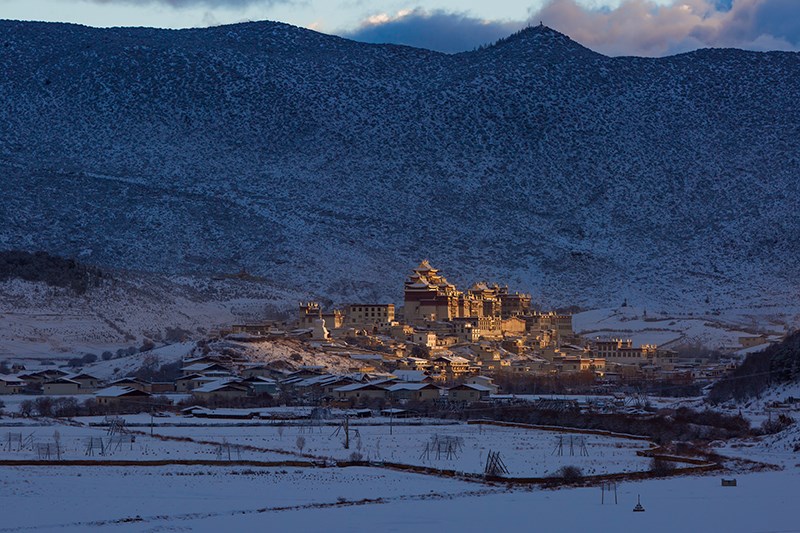
Shangri-La - Tiger Leaping Gorge – Shigu - Lijiang
Soft hike in the Tiger Leaping Gorge. The first bend of Yangtze river
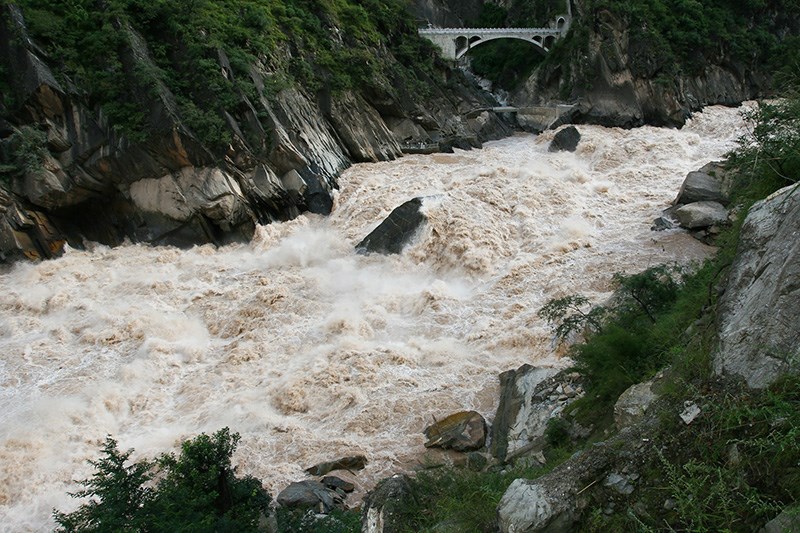
Lijiang
Old town Lijiang, Black Dragon Pool, Dongba Culture Museum, mural at Baisha Village and residence of Josef Rock at Yuhu Village
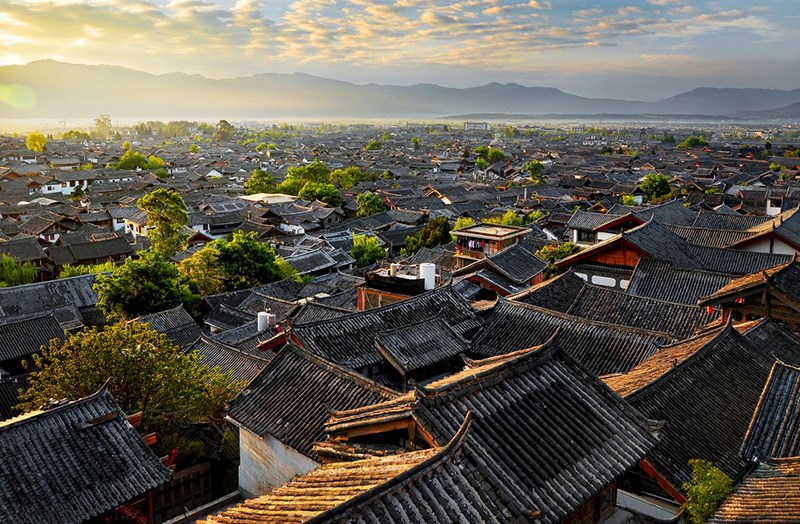
Lijiang – Shaxi - Dali
Visit the Three Pagodas, Erhai Lake, stroll in the old town of Dali
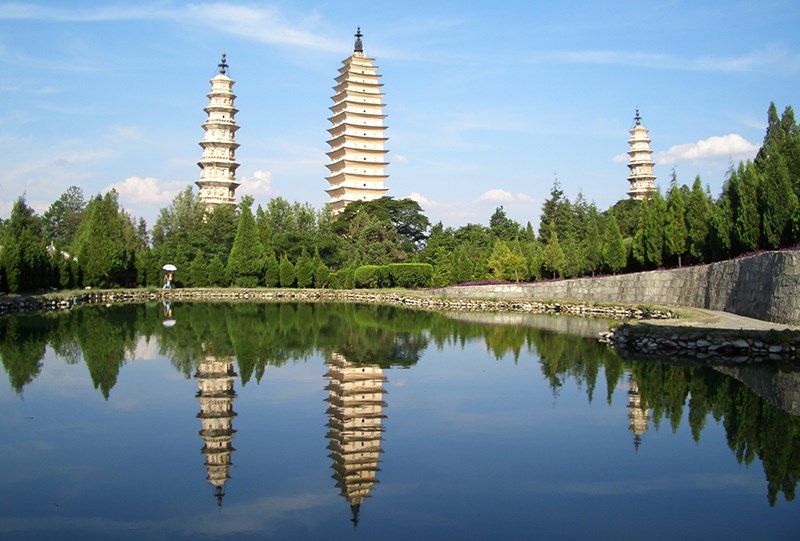
Dali - Kunming
Dianchi Lake, Dragon Gate in West Mountain
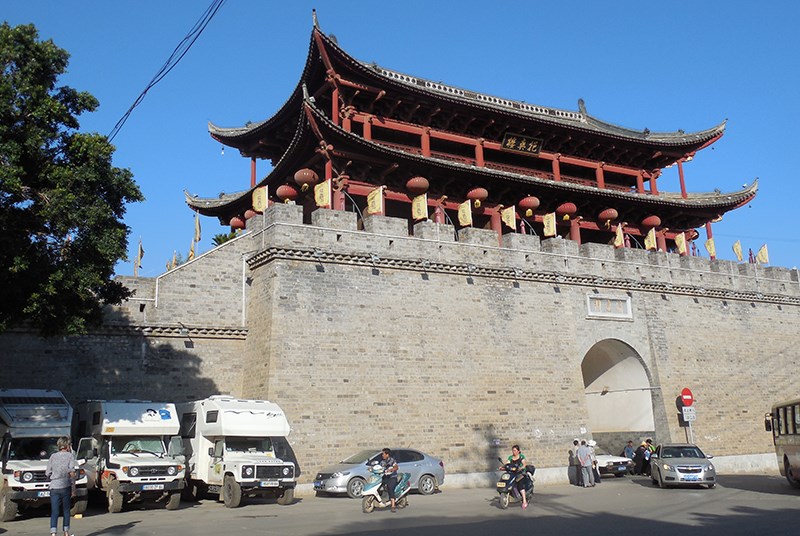
Kunming – Shilin – Jianshui
Bizarre Stone Forest. Double Dragon Bridge at sunset
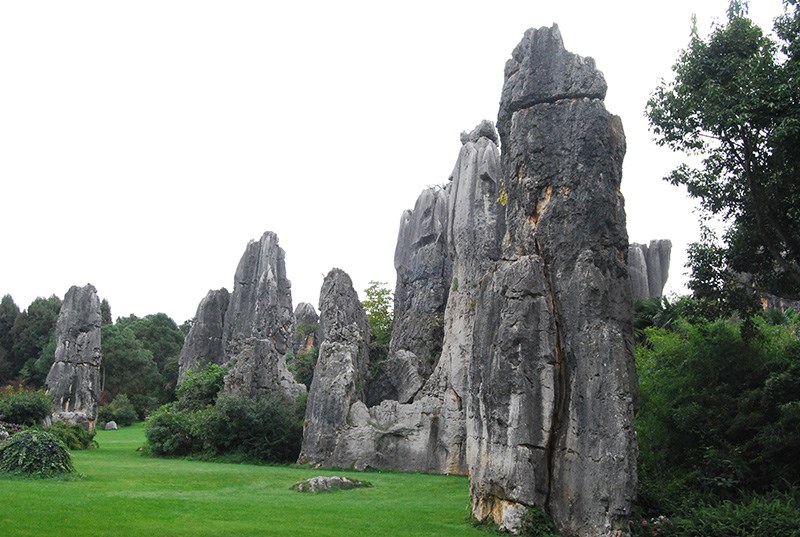
Jianshui – Yuanyang
Ancient city Jianshui, Chaoyang Tower, Garden of Family Zhu, Confucian Temple. Sunset of Bada Terrace in Yuanyang

Yuanyang
Sunrise at Duoyishu Terraces, Blue Terraces, Colorful Terraces at Eagle’s Beak, Tiger Mouth Terraces
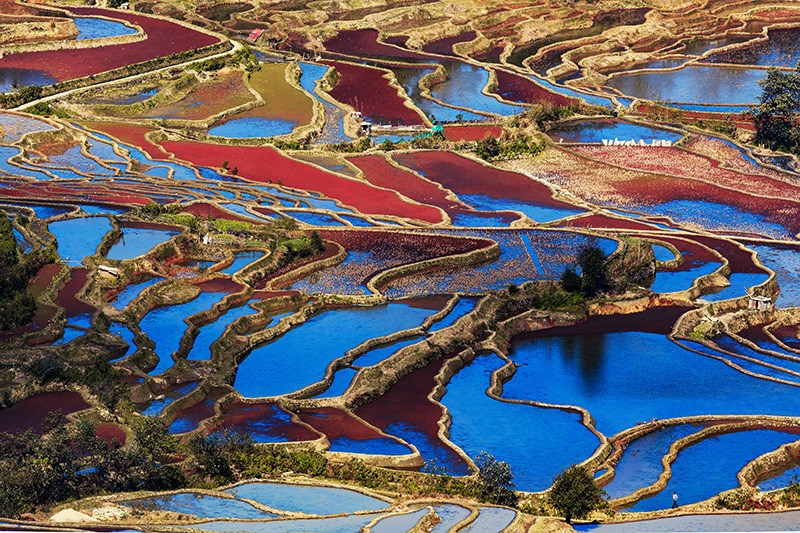
Yuanyang – Pu’er
Sunrise of Duoyishu Terraces
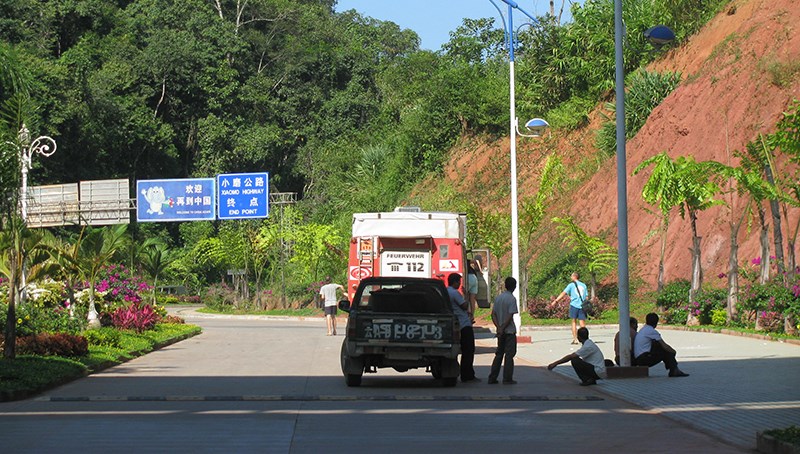
Pu’er - Mengla - Mohan
Drive to border. Farewell to China
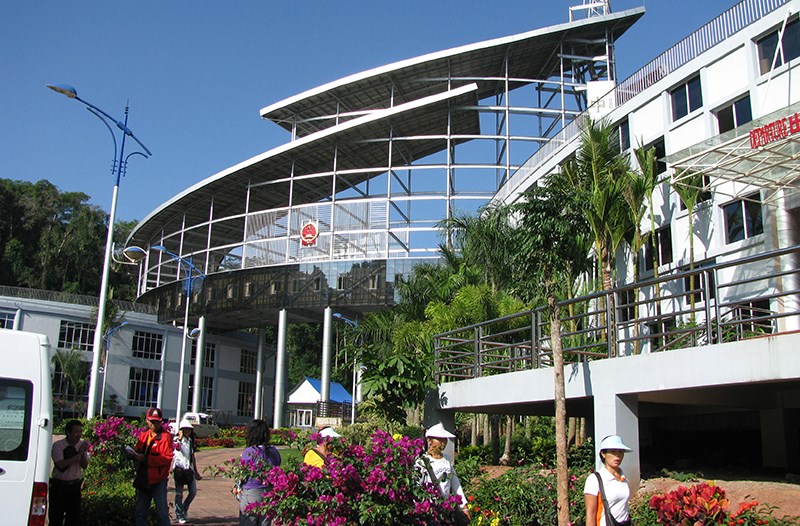
Private travel, great experiences! Please contact us for your tailor-made travel offer.
With individual China Tibet travel, you can decide when, where and how you go on tour by yourself. What's more, you can choose the length of travel and whom you go with.